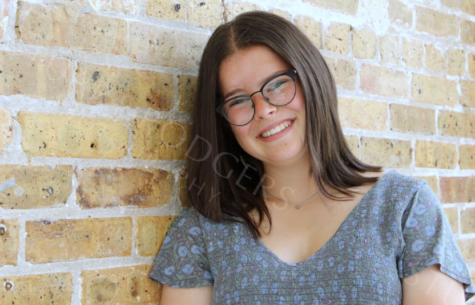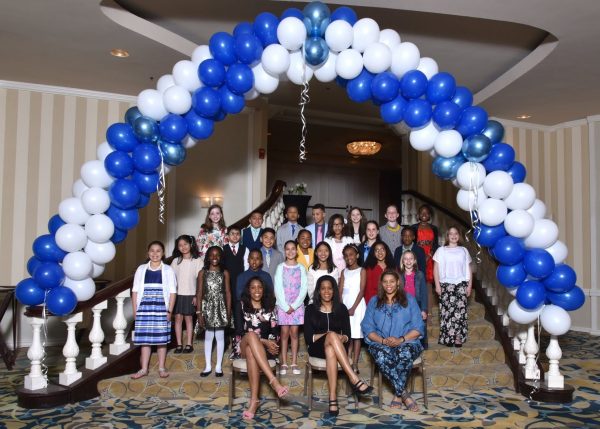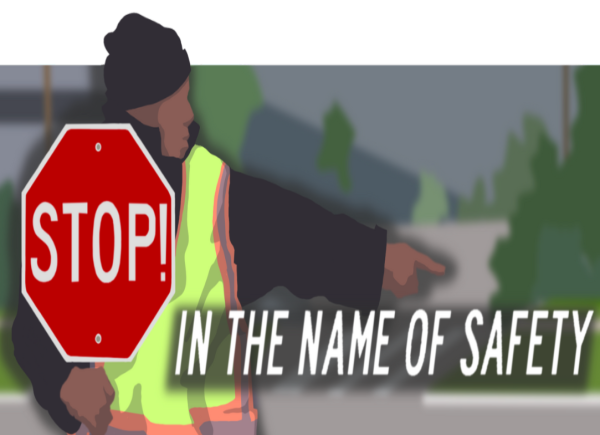Holocaust Remembrance Week resources moved online amidst school closure
May 1, 2020
Contributor: Zachary Bahar
As a result of the COVID-19 pandemic and ETHS’s school closure, previously scheduled Holocaust Remembrance Week activities were moved online.
“Planning the event allows me to get to know students on another level,” Civics teacher and Holocaust Remembrance Week sponsor Aaron Becker says. “Through my role, I have been fortunate enough to develop authentic friendships with scholars, activists, artists, musicians, and Holocaust survivors.”
Beginning in March, the Holocaust Remembrance Week planning committee, comprised of Becker and a range of students, help to plan a week with meaningful speakers, films and student-run panels educating on the Holocaust.
“[Holocaust Remembrance Week] is a way for students to learn from more than just their teachers about the Holocaust; they can learn from their peers and from outside speakers,” senior Gillian Rosenberg says.
Despite ETHS’s school closure, both Becker and the student committee felt it was important to provide as many online opportunities for learning as possible while maintaining the original theme, ‘Genocides Don’t Happen Overnight.’
“If we know what happens when we are complicit, we’re more compelled to be upstanders who will ensure that an event like the Holocaust never occurs again,” senior Jona Elam says.
The site, created by the committee, features recordings of Holocaust survivors sharing their stories, films that were scheduled to be shown during lunch periods and pre-recorded lectures discussing the experiences of other immigrant groups that experienced genocides.
To honor some of the other narratives, the Holocaust Remembrance Week website offers many different resources such as a lecture by Christine Munteanu from the Japanese American Citizens League as well as migrant rights activist Dora Rodriguez, who shares her story as a teen crossing the Mexico-American border.
The implementation of other immigrant narratives is not new to the Holocaust Remembrance Week program, seeing that the Holocaust did not solely affect those identifying as Jewish.
“I don’t think that people are aware of the fact that there are stages of genocide leading up to murder. That ignorance really shows,” junior Levi Rosing says.
There is an estimated 5 million people who were killed in the Holocaust who did not identify as Jewish, according to the United States Holocaust Memorial Museum. Those primarily affected were people of color, Roma, priests, disabled individuals, resistance fighters, and the LGBTQ+ community.
“I think it is important for students to learn about other genocides,” freshman Alicia Frajman says. “Because the Holocaust is the main one talked about in American schools, this can lead students to think that it was the only thing of its kind, which is not the case at all.”
Both Becker and the Holocaust Remembrance Week committee hope that students utilize the resources provided on the website and that they spark larger conversations about the world we live in today.
“We hope students come away from their experience this year with an appreciation of our interconnectedness, [and] with the idea that we can, and must, apply what we learn about one instance of organized oppression with other instances of the same,” Becker says.


















